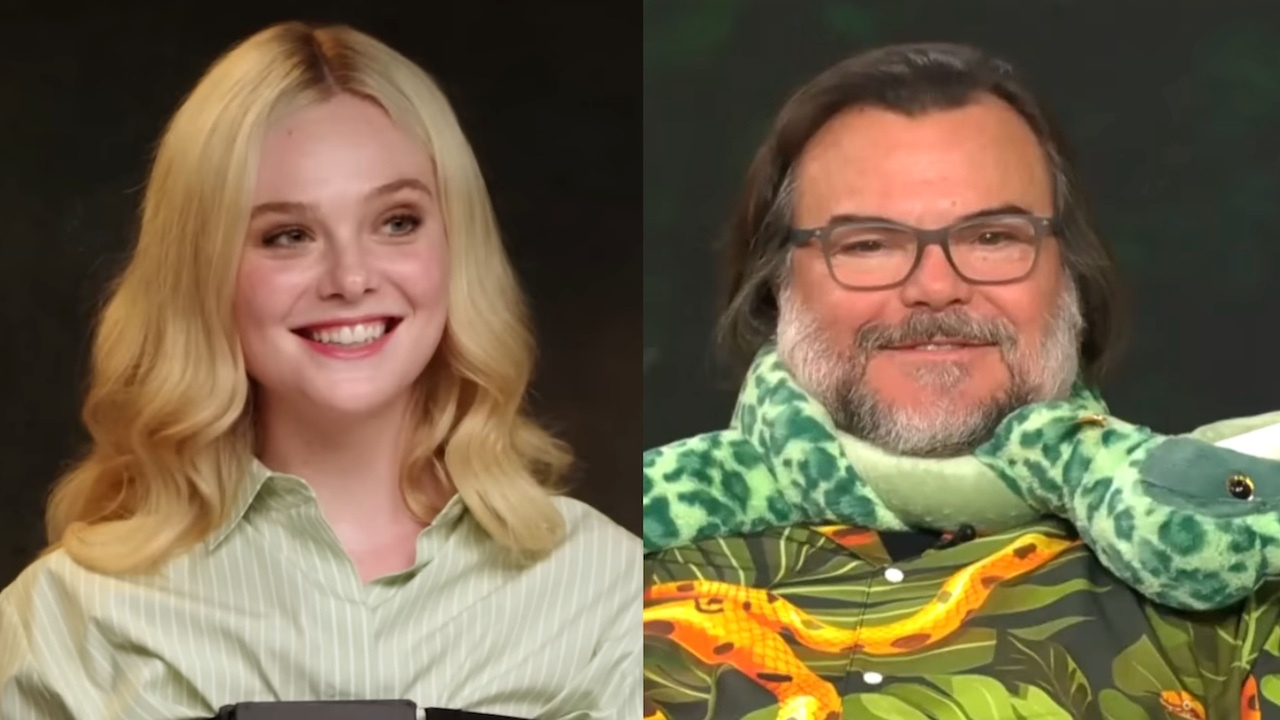10 Controversial Movie Endings We’re Still Debating Today
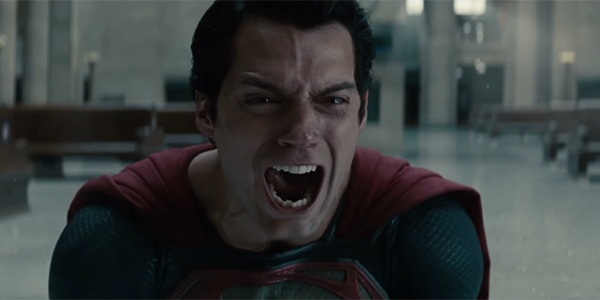
The ending is the most important part of a film. It completes the story being told and is the lasting impression audiences leave the theater with, thus holding tremendous sway over opinion of the film. With the release of Glass, we are treated once again to a movie with a controversial ending. It seems that for a lot of people, enjoyment of Glass largely hinges on how you feel about the ending (the third act overall really), and you either love it or hate it, with very little middle ground.
Glass is, of course, not the first movie with a controversial ending; it’s not even the first M. Night Shyamalan movie with a controversial ending. So in light of Glass’s divisive ending, it seems like the right time to look back at other controversial movie endings that we are still debating long after we first saw them. The films in this list have endings that are controversial for different reasons. They have a huge impact on whether you like the movie or not, with strong passions no matter what side you come down on. The endings don’t have to be ambiguous a la The Wrestler, although they can be; they just have to be controversial. Here are 10 controversial movie endings we’re still debating today.
The following contains SPOILERS for multiple films, so if you care and haven’t seen one of the entries, just skip to the next one.
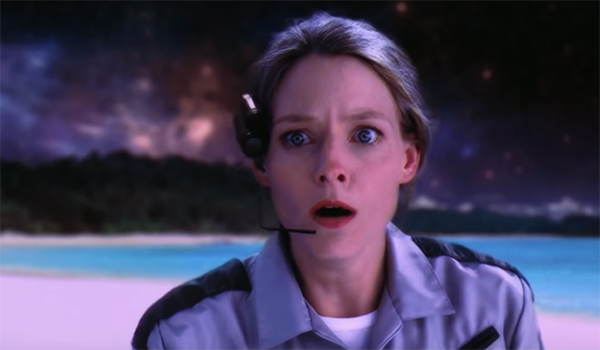
Contact
For the majority of Robert Zemeckis’ 1997 movie Contact, we are watching a hard sci-fi story about humanity discovering the possibility of the existence of extra-terrestrial life and the impact that would have on individuals, faith and society. Then, when Jodie Foster’s Dr. Arroway finally gets to use the machine that is expected to transport her to the Vega star system, things get weird.
From the perspective of the observers, the machine doesn’t work and the transport vessel just drops right through the machine. But for Dr. Arroway, she is transported to a beach from her childhood, where she meets an alien that takes the form of her deceased father. When she returns, there is a discussion of whether or not the experience was all in her head.
This ending is controversial not only for the ambiguity of what actually happened (although it is strongly hinted that her experience was real), but also because of how a realistic and cerebral film in the end chose to be sentimental. The ending does fit with some of the themes of the film, but it also kind of cops out on showing aliens and can be considered overly schmaltzy.
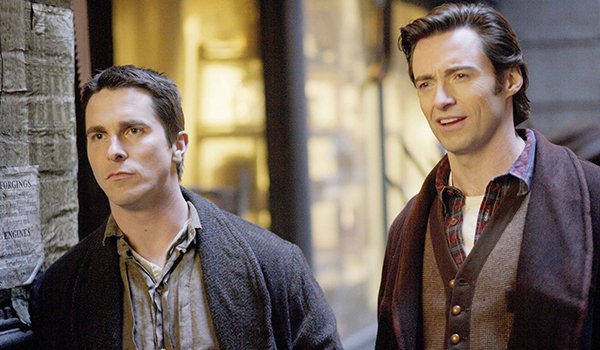
The Prestige
Endings that leave you scratching your head and buying a ticket for the next showing to figure out what just happened are Christopher Nolan’s specialty, and he fittingly pulled some clever slight of hand with his tale of dueling magicians, The Prestige.
Your Daily Blend of Entertainment News
The end of the film is an assault of twists and reveals that show us how both Alfred Borden (Christian Bale) and Robert Angier (Hugh Jackman) achieved their signature tricks. Angier repeatedly cloned himself via a machine built by Nikola Tesla, essentially meaning he killed himself every night. Borden is revealed to actually have a twin. The twin was charged with the murder of Robert Angier and dies for the crime that never actually happened. Borden returns to get back his daughter and kills Angier, winning the battle between the two.
It’s a complicated and bewildering ending upon first viewing, and even though the reality of what happened seems straightforward in hindsight, it has nevertheless been the subject of tons of fan theories online positing alternative possibilities. Some also take issue with the ending because a film based on tricks and slight of hand in the end adds in real magic in the form of cloning.
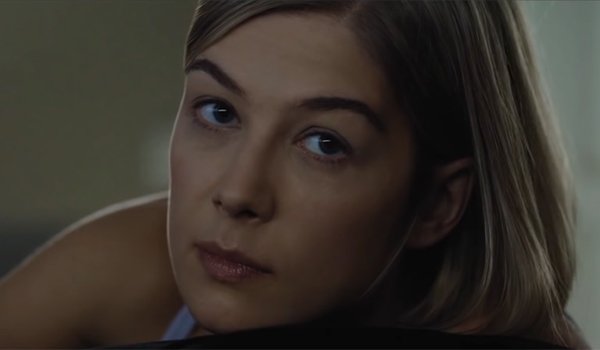
Gone Girl
If you want to talk about controversial endings, look no further than David Fincher’s Gone Girl, which has an ending that you either love for its depravity or makes you want to scream with rage.
The ending, which is similar to the ending in Gillian Flynn’s novel, finds Ben Affleck’s Nick Dunne staying with his psychotic wife Amy, played by Rosamund Pike. This is after Amy faked her death and framed Nick for her murder. In a final act of cunning madness, she gets pregnant with Nick’s baby, ruining any plans he had to expose her lies and evil to the public. He is forced to stay with her and endure for the sake of his child.
You want to scream at Nick to just pay child support or expose her and get the kid taken away, but for the love of God, don’t stay with her! But to be fair, her actions and his are both true to their characters. We expect villains to get their comeuppance in movies and justice to be served, so it’s frustrating when that doesn’t happen, and Gone Girl provides no such closure.
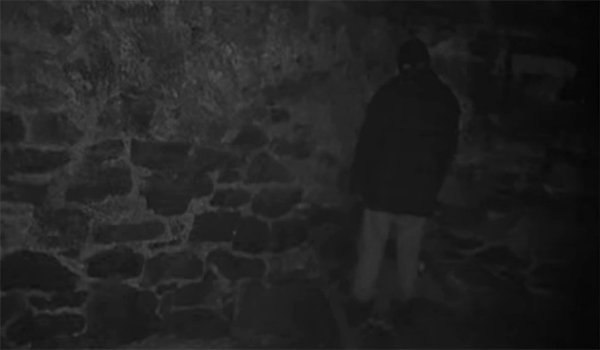
The Blair Witch Project
The Blair Witch Project started the found-footage sub-genre of horror, telling the story of three student filmmakers, Heather, Mike and Josh, who venture into the woods in Western Maryland to make a documentary about local legend, the Blair Witch. The film ends when Mike and Heather go into an abandoned house looking for Josh and are separated. The final image we see from Heather’s camera is Mike just standing in a corner.
We are still debating this ending today and there are plenty of fan theories about what really happened and what it all means. Was there ever really a witch or not? Did Josh kill his friends or did he and Mike both plot to kill Heather? The weirdness and ambiguity of the ending provides plenty to discuss.
There is also a fair bit of controversy for a film that received such hype to end in this way. For some, the final image of Mike just standing in a basement corner is terrifying and intense. For others, it's not scary to the point of being laughable. Your opinion likely dictates whether you think The Blair Witch Project is a seminal moment in the genre or fodder for jokes.
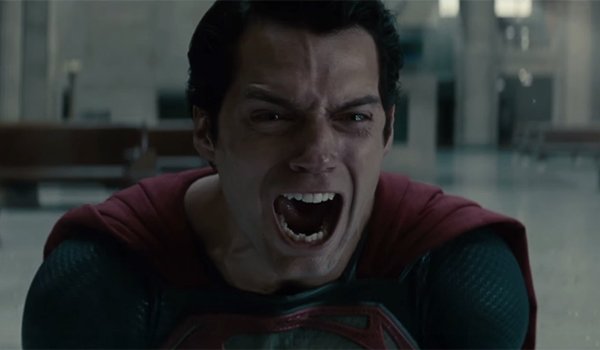
Man of Steel
If you take a controversial character choice and add in the passionate opinions associated with superhero movies, you have a recipe for a debate more akin to a shouting match. That’s what we got with Man of Steel. At the end of Zack Snyder’s divisive film, Henry Cavill’s Superman is faced with a choice: either kill Michael Shannon’s General Zod or allow him to murder a helpless family. Superman chose the former and set off a contentious debate we’re still having to this day.
On the one hand, Supes had no choice, and as a hero, he couldn’t let innocents die. But killing someone, even an enemy, goes against everything established canon over 70 years has told us about who Superman is. He doesn’t kill, period. So even if he clearly had no choice, you could argue that the film should have never put Superman in that position.
Fans of Snyder’s DCEU vision passionately defend this choice while others loathe it and think that the director fundamentally misunderstands the character. Either way, it’s fascinating to look at how the end of Man of Steel and reaction to it set the story of the DCEU in the films after.
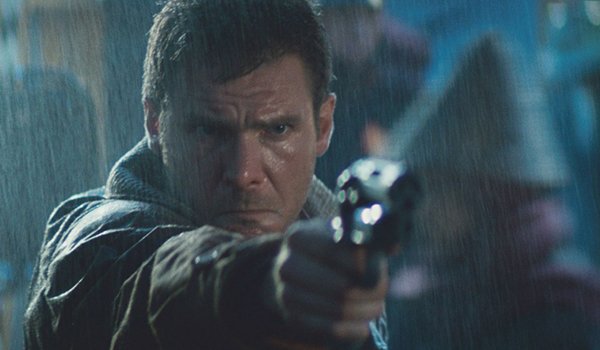
Blade Runner
Blade Runner is perhaps the most unique entry on this list because not only is its ending controversial, but there are multiple endings to the film and controversy over which ending is the true one. Depending on the version you watch, Harrison Ford’s Deckard and Sean Young’s Rachael either escape LA and live happily ever after in a natural landscape or their fate is left a mystery, as is Deckard’s status as either a human or a replicant.
So if you prefer a version or saw it first, you may take that ending as canon, regardless of what director Ridley Scott says. Thus this ending has been discussed and argued about for ages, both fueled by and contributing to Blade Runner’s status as an all-time science fiction classic.
As far as the question ‘Is Deckard a replicant?’ goes, even the sequel, Blade Runner 2049, leaves that open for debate, adding multiple new wrinkles to think about. And so the ending of Blade Runner will be dissected and analyzed in forums and columns for years to come.
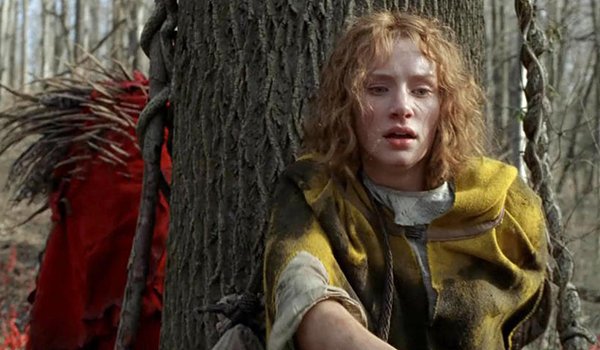
The Village
Given his penchant for twists, it’s no surprise that Glass isn’t the first M. Night Shyamalan film to have a controversial ending. There are multiple to pick from, but the ending of The Village seems to mark a turning point in the director’s career, after that he went through a nadir that lasted multiple films before his recent resurgence.
In the film, a 19th century rural village lives in isolation, in fear of the wickedness of surrounding towns and the evil creatures that lurk in the woods beyond their borders. At the end of the film, we learn that this story is actually taking place in modern times, and that the village and the monsters are just elaborate creations of the town elders to avoid contact with the horrors of the modern world.
It’s a doozy of an ending, but it doesn’t work for everyone. Some find it anticlimactic and disappointing considering the fun mythology of monsters that the film was sold on. Others love the twistiness of it. M. Night Shyamalan endings are often controversial, but unlike The Happening, which is largely loathed, the ending of The Village has many ardent defenders.
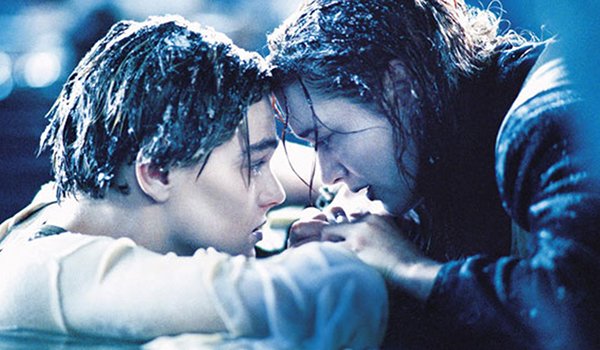
Titanic
Titanic is one of the most beloved and successful films of all time. It also features one of the most controversial endings of all time. After the ship sinks, Jack and Rose are trying to stay alive in the frigid Atlantic Ocean, and he helps her onto what appears to be a wooden door. There, Rose survives long enough to be rescued, while Jack dies of hypothermia in the water.
Ever since Titanic first enraptured moviegoers, people wondered why didn’t Rose make room for Jack on the door. Whether there was enough room for both of them as there appears to have been has been the subject of countless discussions over the years. People have actually done practical recreations to show how these star-crossed lovers could have lived happily ever after.
Everyone has weighed in on this controversy, and thanks to the movie’s enduring popularity, it has become a permanent part of pop culture that will debated forever. James Cameron himself even got tired of hearing it over the years and offered the an appropriately cold response to the question of why Rose didn’t make room, by saying “It says on page 147 [of the script] that Jack dies.
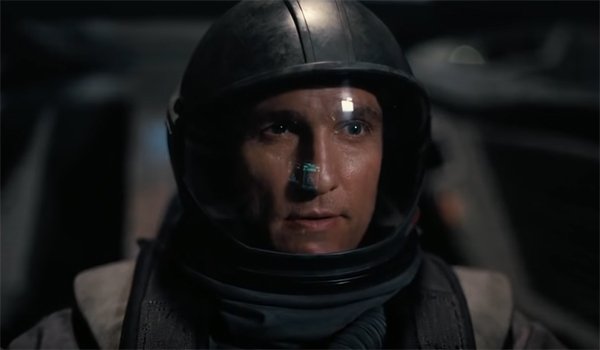
Interstellar
It probably says something about Christopher Nolan’s style that he manages to get two films on this list. While Inception has probably Nolan’s most memorable ending for its ambiguity, I view the ending of Interstellar as more controversial and divisive.
At the end of the film, in an attempt to save the mission to colonize a habitable planet, Matthew McConaughey’s Coop jettisons himself and the TARS robot into a black hole. There he enters a tesseract where space and time become, wait for it… a flat circle. Coop then realizes that he was his daughter Murph’s ghost in her bookshelf. When he is ejected from the tesseract, Coop is able to finally see Murph again on a space station.
Then he seemingly leaves this person he’s spent the whole movie trying to get back to on her deathbed to go help Anne Hathaway’s Brand. Similar to Contact, Interstellar’s ending is either heartfelt and thematically rich or mawkish and disappointing. Like most Nolan endings, there’s a lot to discuss and just as much to disagree about.
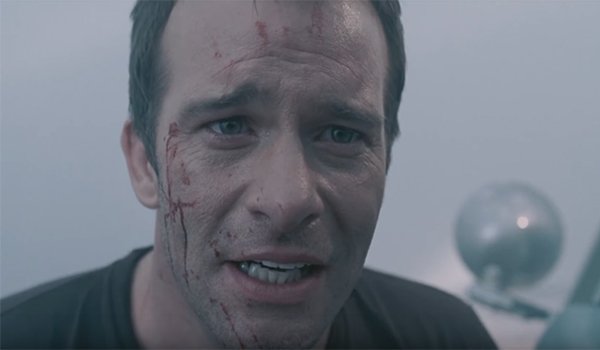
The Mist
Frank Darabont’s The Mist, based on the Stephen King novella, finds a group of people, including Thomas Jane’s David and his son, hiding out in a grocery store from the deadly creatures lurking in the mysterious mist outside. At the end of the film, David, his son and three others escape the store in a car to seek salvation.
When the car runs out of gas, they all decide that there is no point in going on. So rather than suffering horrific deaths at the hands of the creatures, David shoots the others, including his own son, to spare them. David is left without a bullet for himself, but moments later the mist recedes, the army arrives and he sees that if he had only waited a few minutes longer, they would have been rescued.
It’s an agonizing and brutal ending, and for that reason it is highly controversial, with think-pieces written both for and against it. Some view it as a great gut punch whereas others see it as ironic tragedy for its own sake. Stephen King, whose novella’s ending is far more ambiguous (no child murder for sure), actually seems to really enjoy Frank Darabont’s version.
Even if you hate a particular ending to a movie (and there are certainly plenty of hateable ones), controversial endings are still of value because they give us reasons to revisit a film, to discuss and debate it with others, and perhaps see it from different a perspective. That kind of engagement is one of the best parts of the moviegoing experience and helps movies to live on long after their release dates.
This poll is no longer available.
Nick grew up in Maryland has degrees in Film Studies and Communications. His life goal is to walk the earth, meet people and get into adventures. He’s also still looking for The Adventures of Pete and Pete season 3 on DVD if anyone has a lead.

